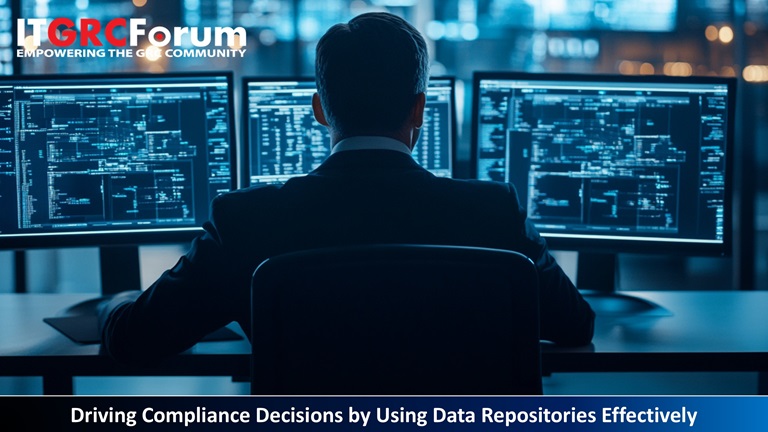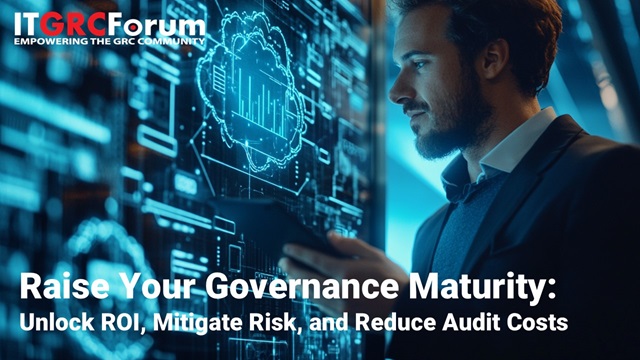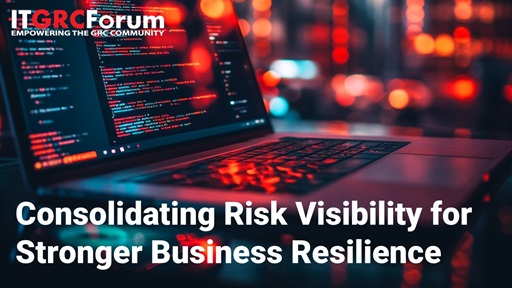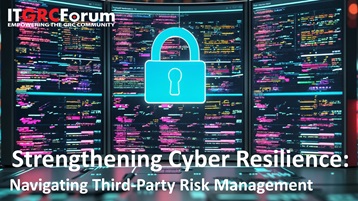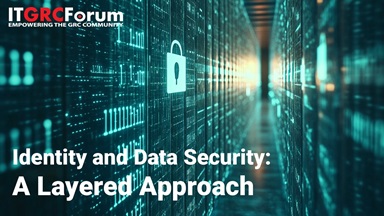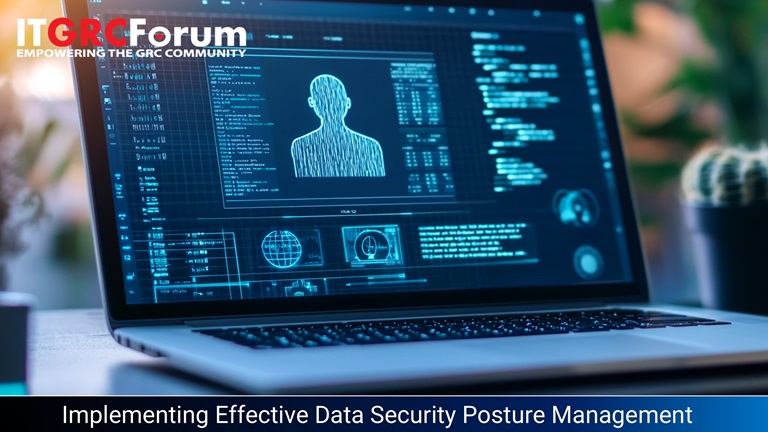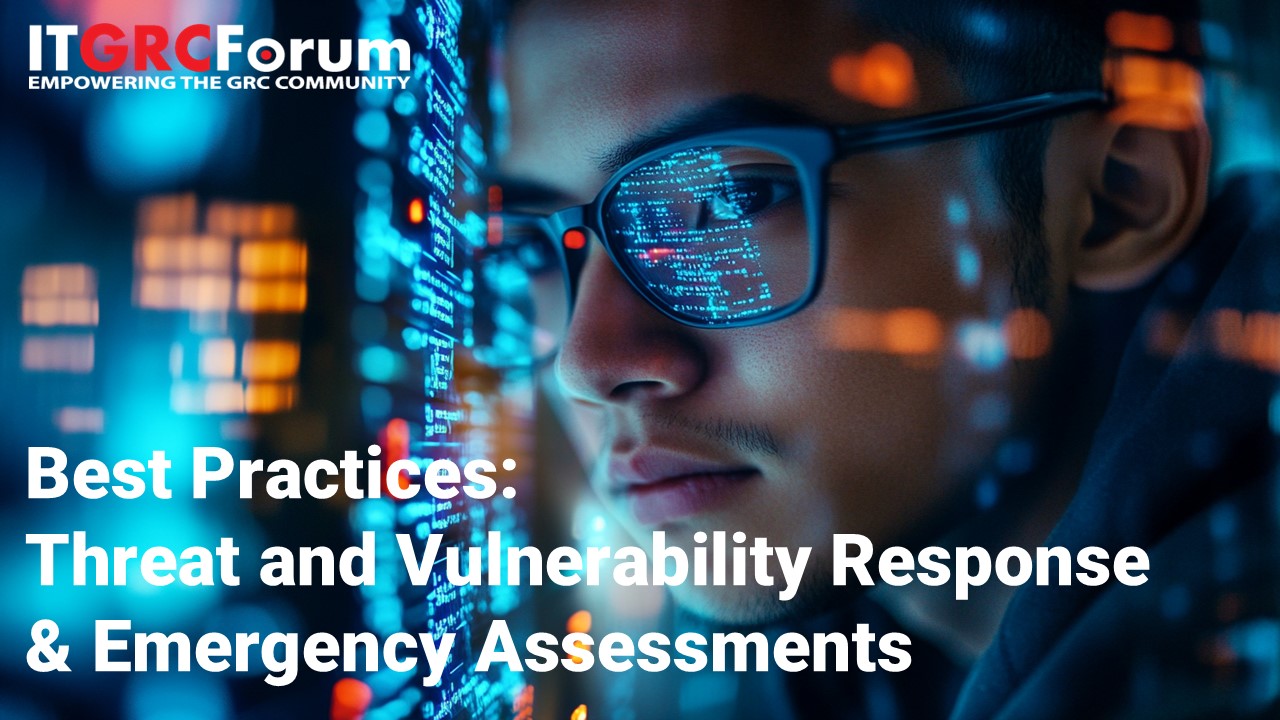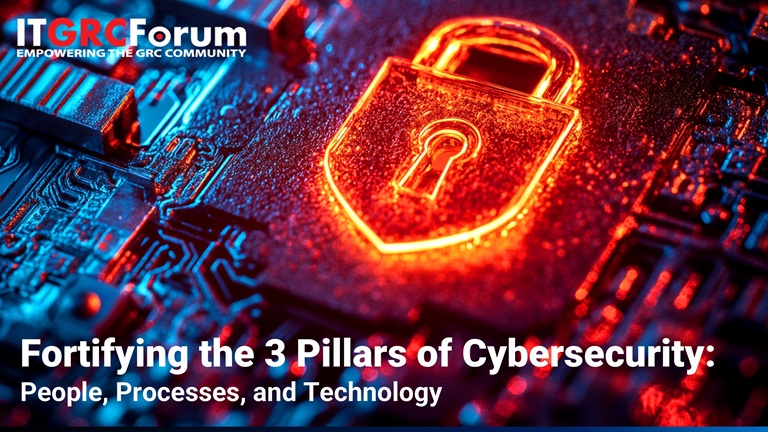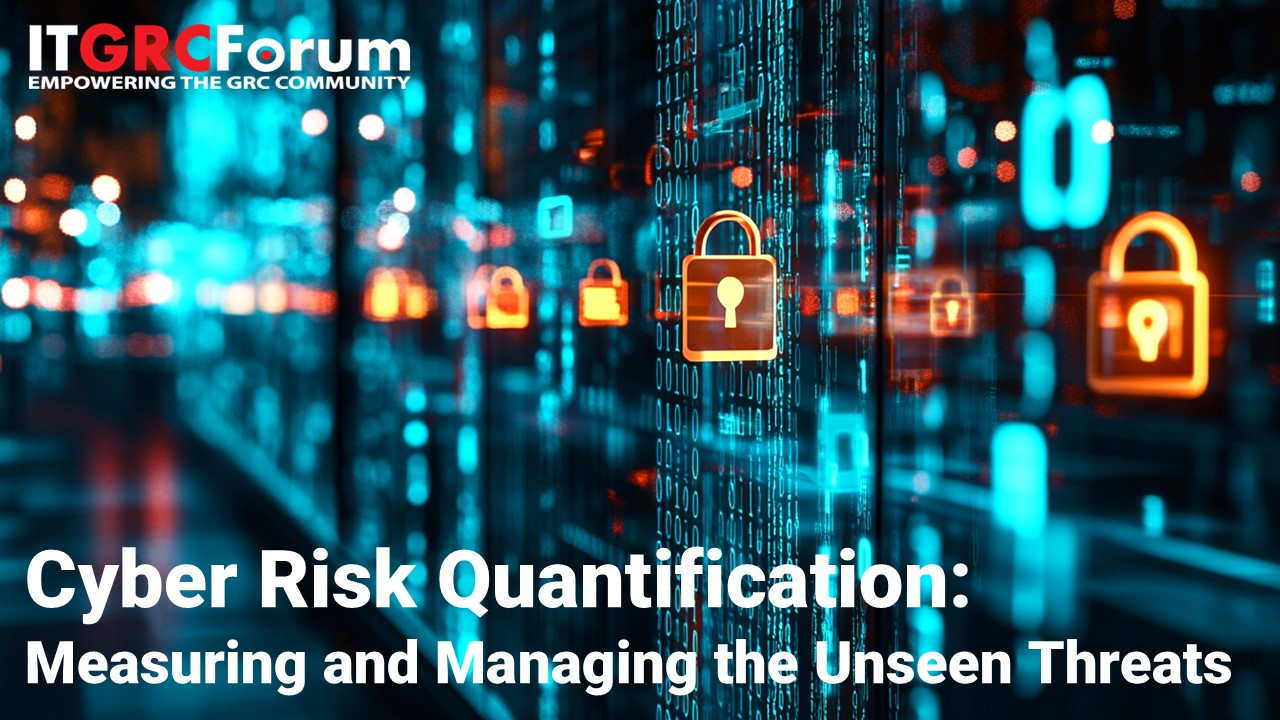Webinars:
A Strategic Approach to Meeting PCI Requirements in a Cloud-Driven World
Recorded: September 26th | 2024 Watch
The accelerated shift to the cloud as well as new PCI DSS 4.0 requirements coming into effect by March 2025, present several challenges for financial institutions, ecommerce merchants, and others subject to its regulations.
Driving Compliance Decisions by Using Data Repositories Effectively
Recorded: October 23rd | 2024 Watch
In today's data-driven world, many companies struggle with data spread across various systems, leading to inefficiencies, poor data quality, and compliance risks. This session will delve into the role of a unified data repository in overcoming these challenges, offering a comprehensive approach to managing and securing organizational data. We will discuss how consolidating data into a single, well-governed source of truth can empower organizations to make more informed, timely, and compliant decisions.
Raise Your Governance Maturity: Unlock ROI, Mitigate Risk, and Reduce Audit Costs
Recorded: January 15th | 2025 Watch
In the rapidly evolving digital landscape, the journey from Identity and Access Management (IAM) to a fully matured Identity and Access Governance solution is no longer a luxury - it’s a necessity.
Consolidating Risk Visibility to Build Business Efficiency & Resilience
Recorded: March 27th | 2025 Watch
Today’s interconnected organizations face a rapidly evolving risk landscape where enterprise, cyber, operational, and third-party risks are increasingly intertwined. The growing reliance on critical IT systems, both internally managed and outsourced to third and fourth parties, has expanded the attack surface, leaving firms vulnerable to cyber incidents, downtime, and operational disruptions.
Strengthening Cyber Resilience: Navigating Third-Party Risk Management
Recorded: November 7th | 2024 Watch
In today's hyper connected digital landscape, organizations are heavily reliant on third-party partnerships to drive business growth and innovation. However, this dependency comes with significant risks. According to Gartner, breaches involving third parties cost 40% more than internal breaches, highlighting the critical need for robust Third-Party Risk Management (TPRM).
Identity and Data Security: A Layered Approach
Recorded: February 12th | 2025 Watch
In a world surrounded by data, the interplay between identity management and data security has become paramount. This webinar will explore the concept of a layered approach to identity and data security, emphasizing its critical role in safeguarding sensitive information. We will examine how multiple layers - ranging from authentication to advanced identity lifecycle - work in tandem to create a robust security framework.
Third-Party Risk Deep-Dive: How to Operate Your Program
Recorded: April 29 | 2021 Attend
Procurement, IT, and Compliance leaders struggle to manage today’s complex regulatory environment, expansive supply chains, and compliance burdens. Difficulties increase as organizations subject themselves to additional risk by involving more third parties—suppliers, sales agents, and even charities—as regulations grow ever-more complex.
Enhancing Cybersecurity with Data Security Posture Management
Recorded: November 20th | 2024 Watch
In today’s rapidly evolving digital landscape, protecting sensitive data is more challenging than ever. Data Security Posture Management (DSPM) offers organizations a proactive approach to safeguarding data by providing continuous visibility into security risks, vulnerabilities, and compliance gaps across diverse environments. This webinar will dive deep into the core principles of DSPM, exploring how organizations can effectively implement a comprehensive strategy to mitigate risks, maintain compliance, and secure their most valuable data assets.
Best Practices for Threat and Vulnerability Response & Emergency Assessments
Recorded: February 27th | 2025 Watch
It's not getting any easier. Every time we turn around there seems to be another attack or threat that demands our attention. While each event is unique, they all result in third-party risk management teams scrambling to ensure their organizations are protected. Rapid responses and emergency assessments can be knee-jerk, stressful and distracting. It doesn't have to be that way.
Achieving Faster Business Growth with Better Vendor Onboarding
Recorded: April 23 | 2020 Attend
Companies work with third-party vendors to help them become leaner, more agile, flexible, and efficient, so they can go to market faster and beat the competition. However, onboarding remains the most time consuming and pressurized part of the process, as security leaders try to balance meeting the demands with the business with the fundamentals of good security. According to Gartner it now takes an average of 90 days to onboard a new vendor, 20 days longer than four years ago.
Fortifying the 3 Pillars of Cybersecurity: People, Processes, and Technology
Recorded: December 4th | 2024 Watch
As cyber threats evolve, organizations must strengthen their defenses with a balanced cybersecurity approach, integrating people, processes, and technology. Yet, finding this balance is often challenging. Some focus on tech investments but lack the skilled personnel, while others have strong teams but lack strategic processes or advanced technology.
Cyber Risk Quantification: Measuring and Managing the Unseen Threats
Recorded: March 12th | 2025 Watch
As cyber threats continue to grow in complexity, organizations are more vulnerable to significant risks. Yet, many struggle to measure and manage these unseen dangers effectively.
Privileged Access Management: A Zero-Trust Approach to COVID-19
Recorded: May 21 | 2020 Attend
Security practitioners around the world are struggling to cope with the challenges posed by remote workers during the COVID-19 pandemic. With all users working from home simultaneously, there is a tremendous load and increased security risks across private networks and the cloud. In light of more workers accessing data from the cloud, many organizations are taking a "zero trust" approach, including the use of solutions such as Privileged Access Management (PAM).


